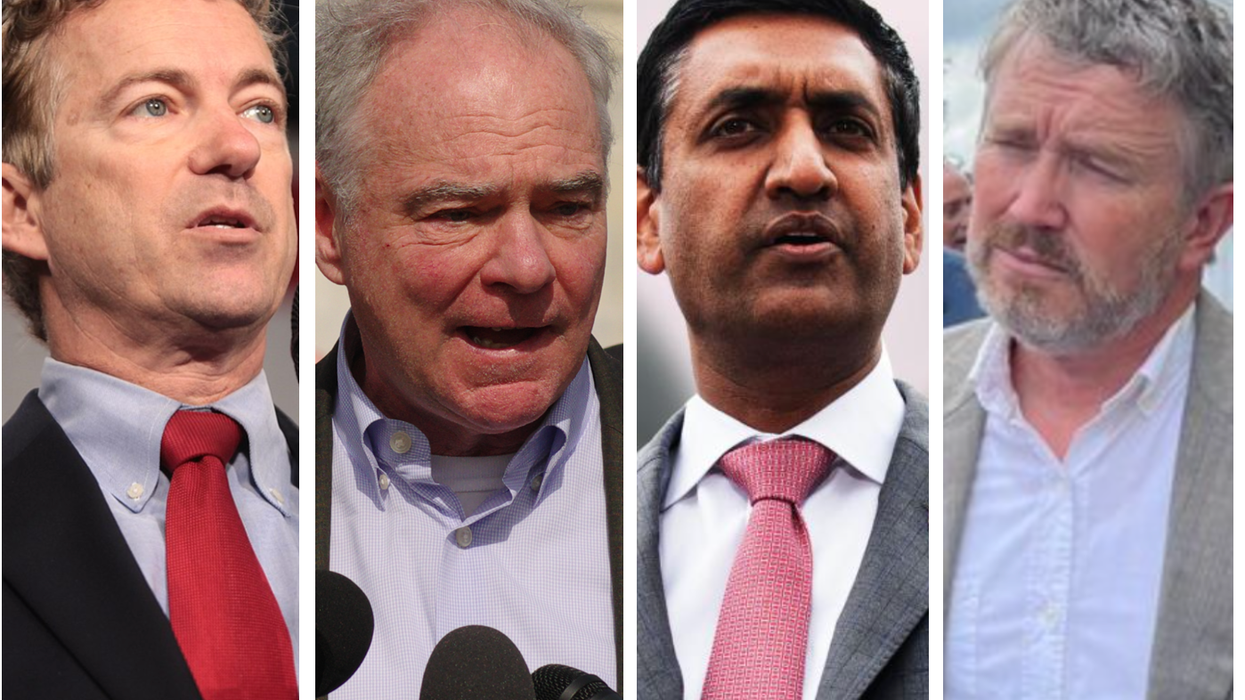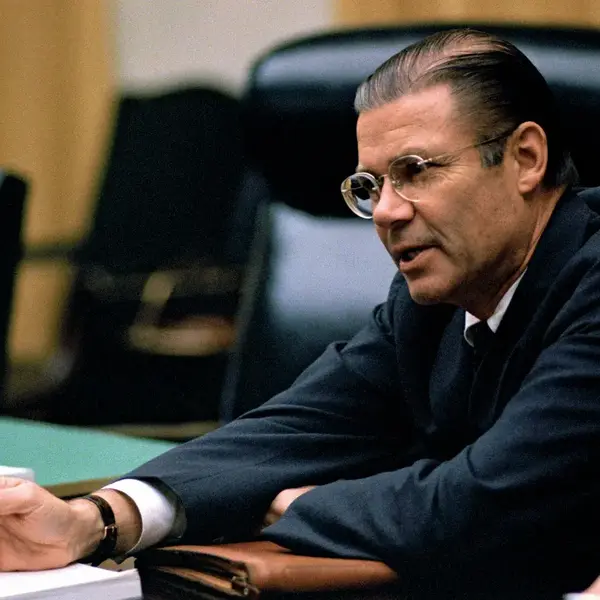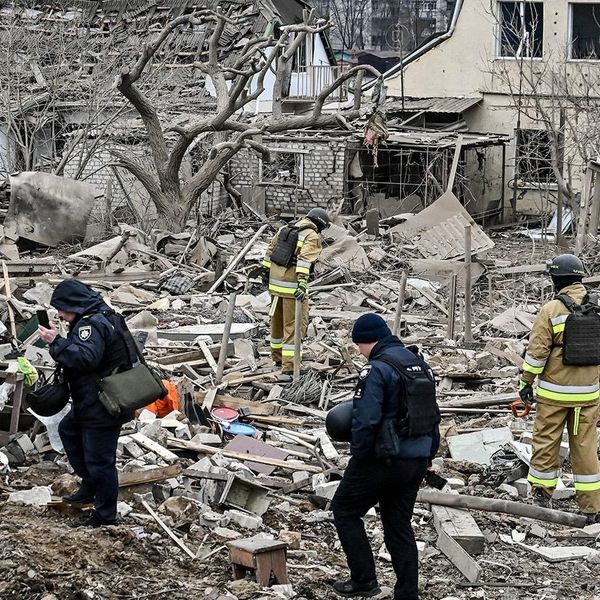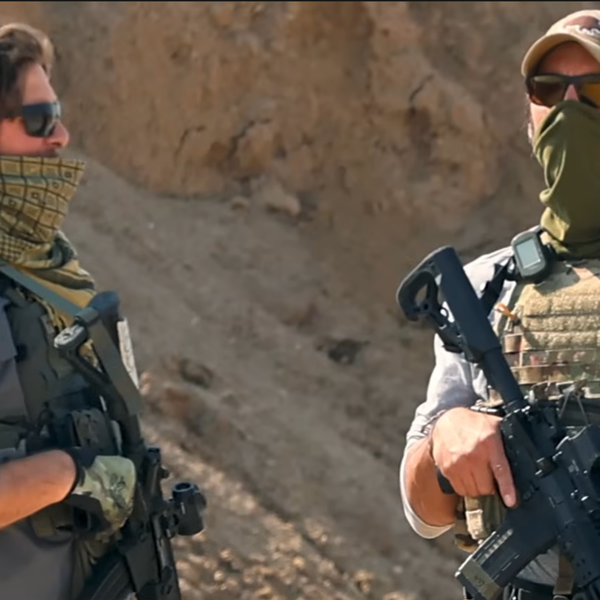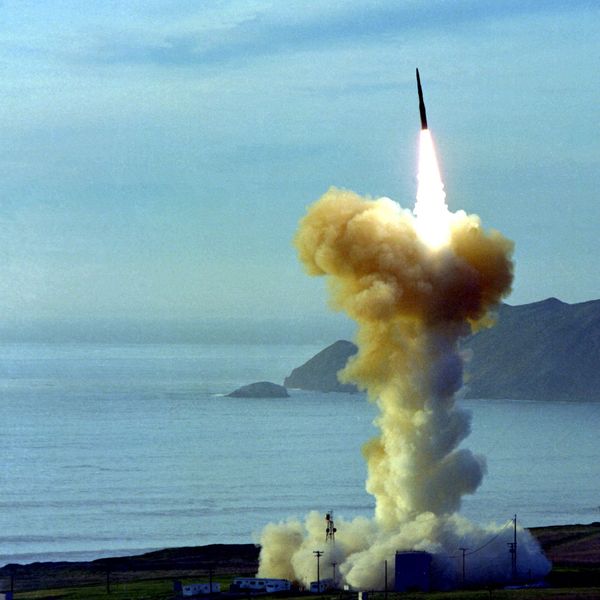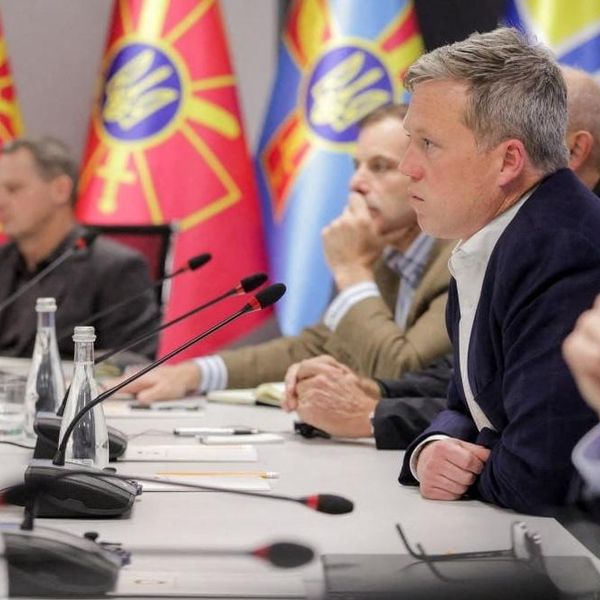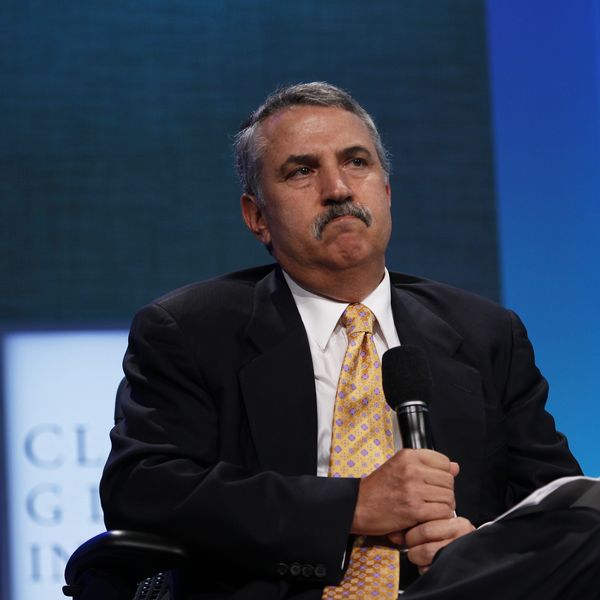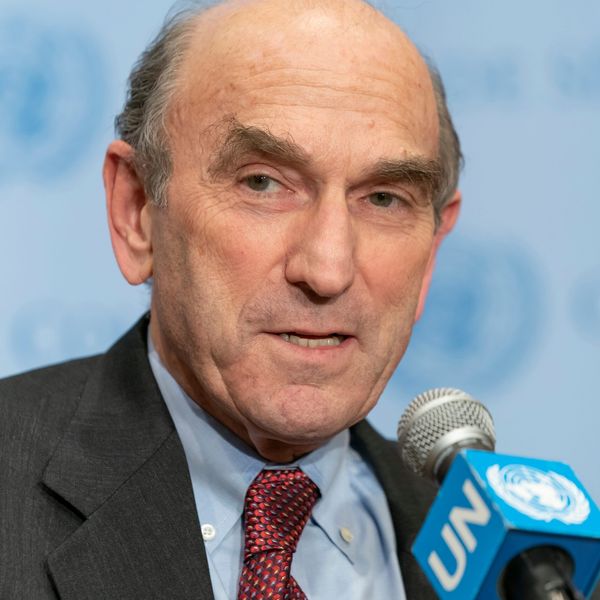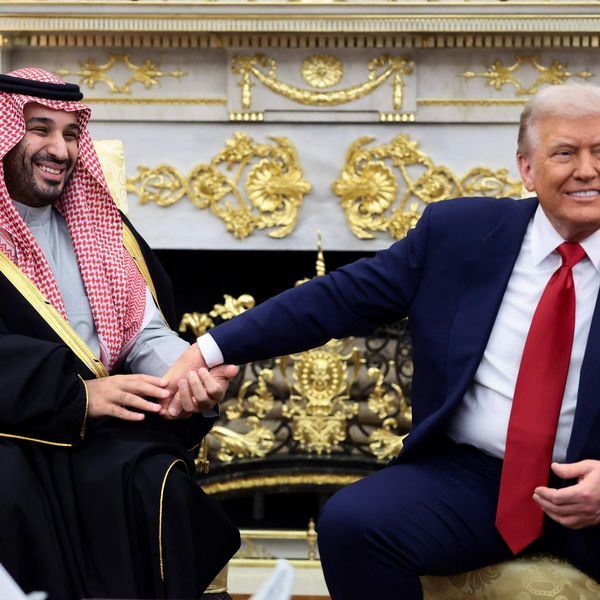President Joe Biden and most of his senior aides view Iran as a distraction from their agenda. They are not wrong. There are six solid reasons why Biden should go slow on diplomacy with Iran. And one very good reason why he cannot.
First, the administration’s major domestic items require the approval of a divided Congress. To end the pandemic, rebuild the economy, promote racial and gender justice, protect voting rights, and reverse climate change, the Biden team needs every single Democratic vote and whatever support he can garner from obstructionist Republicans. His administration will be judged on how he handles the interlocking crises he has inherited, not on foreign relations. “Foreign policy is going to be an enterprise of risk aversion, not risk readiness,” Aaron David Miller told a Quincy Institute seminar March 25.
Second, Biden is still struggling to assemble his administration. At the State Department, Secretary Antony Blinken is home alone, with only one confirmed deputy, undersecretary, or assistant secretary. All must go through a Foreign Affairs Committee chaired by the hawkish Senator Robert Menendez (D-N.J.), who opposed the original agreement with Iran in 2015 and just released a letter opposing any return to the original deal. The main reason Biden did not take a first step such as lifting sanctions on humanitarian trade with Iran, says Barbara Slavin of the Atlantic Council “is fear of Menendez and need to get nominees through the Senate.”
Third, Biden’s team is still crafting his persona. They like the image of a Trumanesque president tough on national security and progressive on domestic issues. They must have loved George Will’s laudatory March 24 column comparing Biden to Ronald Reagan, Franklin Roosevelt, and yes, Harry Truman. “Concessions” to Iran would spoil this image.
Fourth, Biden and his centrist team are implementing a strategy favored by establishment Democrats who fear the party suffers when it takes too progressive a stance on foreign policy. See George McGovern, Walter Mondale, and Mike Dukakis. They want to protect their right flank and play to the center by keeping military budgets high and rhetoric tough. This, they believe, will help win elections and open up political space for major domestic reforms.
Fifth, Biden is struggling to exit from Afghanistan and Iraq and draw down the American military presence in the Middle East. A diplomatic deal with Iran could complicate this process, creating the impression of a United States in retreat rather than a great power readjusting its global priorities. Increasingly, as Secretary Blinken did in his March 24 speech to NATO, the administration is grouping Russia, China, North Korea, and Iran together as the main global military threats, a sort of Quad of Evil.
Finally, the majority of the Biden team has bought into the idea that keeping the sanctions Donald Trump levied on Iran and delaying new talks gives them “leverage.” This will help rebuff Iranian demands and perhaps get concessions when they eventually go back to the negotiating table. They also think time is on their side. Iran is weak and has no choice but to come back to the deal, they reason. “They may think that by putting the JCPOA to the side, they can get a bigger, better deal with the Iranians going forward,” says Emma Ashford of the Atlantic Council — even if that means waiting to negotiate with the new hardline government likely to emerge from the June Iranian elections rather than the outgoing pragmatic President Hassan Rouhani.
In sum, all the incentives within the Biden administration are to wait on Iran.
The problem is, they cannot wait. Iran is the foreign policy crisis most likely to explode into war. If the diplomatic window closes and war erupts, it will sink Biden’s entire domestic agenda and his presidency with it.
Rather than look to Truman or Roosevelt, the more relevant president is Lyndon Baines Johnson. Underappreciated when he assumed the office, LBJ quickly implemented breathtaking advancements in health care, poverty reduction, and civil rights. He became a popular president, crushing his Republican opponents in presidential and congressional elections. It was all undone by an unnecessary foreign war that Johnson didn’t want to fight but feared that looking weak would undermine his domestic political agenda.
Fifty-six years ago, in April 1965, Johnson was on a roll as Congress passed his sweeping Medicare and Medicaid bills and prepared expansive education legislation and the landmark Voting Rights Act. But LBJ made the fatal mistake of increasing troops in Vietnam and committing to a war he himself could not see a way of winning. “Johnson’s fears of being pummeled by the right,” writes Princeton scholar Julian Zelizer, “would gradually drive him deeper and deeper into a disastrous war.” Fear of being accused of “weakness,” writes Daniel Larison in Responsible Statecraft, “has warped the decision-making of Democratic administrations and the foreign policy debate among Democrats ever since.”
Biden does not want to wage war, but the lack of a Biden initiative on Iran creates a vacuum that invites conflict. The longer that vacuum exists, the stronger forces grow opposed to U.S.-Iranian reconciliation and “the more the Iranians come to the conclusion that the U.S. is not willing to relieve sanctions,” warns Vali Nasr of the Johns Hopkins School of International Affairs. Every week, it becomes harder to get a deal, not easier.
Without a deal restricting the Iranian program, the choices become, as they were in 2013, to watch Iran march closer to the ability to build a bomb or to go to war to stop it. War with Iran would be a massive undertaking, dwarfing the wars with Iraq and Afghanistan, creating global instability and likely dooming the Biden-Harris administration.
The war would not necessarily start by choice. A half dozen sparks could ignite the blaze. Iranian patrol boats still buzz American destroyers in the Persian Gulf. Militias linked to Iran operate a rocket’s flight away from American forces in Iraq and Syria. Some, like embattled Israeli Prime Minister Benjamin Netanyahu and Saudi Arabian Crown Prince Mohammed bin Salman, want a conflict between the United States and Iran. Israel, building on its years-long campaign of bombing Iranian sites in Syria, sabotaging Iranian nuclear facilities, and assassinating Iranian scientists, has begun attacking Iranian tankers. Iran has begun to retaliate. How long until one of these attacks results in major damage and a major escalation?
“The best way forward would have been to immediately come back to the [nuclear pact] with an executive order, and they didn’t do it,” says Gérard Araud, the former French ambassador to the United States. “The advice of the Europeans to the Americans was do it quickly and immediately, because all the signals they had from the Iranian side was as soon as the Americans come back, we will come back.”
Biden blew it. The real risk avoidance move would have been to rejoin the agreement in January. If he had, Iran would not be an issue now. Iran would be back in compliance with the agreements, its stocks of uranium gas depleted, its excess centrifuges disassembled, full inspections restored.
Talks might have begun on a follow-on “longer and stronger” agreement. Diplomats would have been exploring how to negotiate regional restraints on missiles and militias. Dr. Colin Kahl, nominated for undersecretary for policy in the Department of Defense, would not have been rejected by all 13 Republican members of the Senate Armed Services Committee over his support for the Obama-Biden Iran policy, complicating his confirmation. Iran might even have even helped ease the exit of U.S. troops from Afghanistan the way it assisted their entry into that country 20 years ago.
Barack Obama understood the benefits and risks. “At times during my administration we gamed out the scenarios for what a conflict with Iran would look like,” he wrote in his latest book, “I left those conversations weighed down by the knowledge that if war became necessary, nearly everything else I was trying to achieve would likely be upended.”
Joe Biden can be a great president. But not if he is so afraid of attacks from the right that he repeats LBJ’s blunder and stumbles into a war we cannot win and never need fight.



